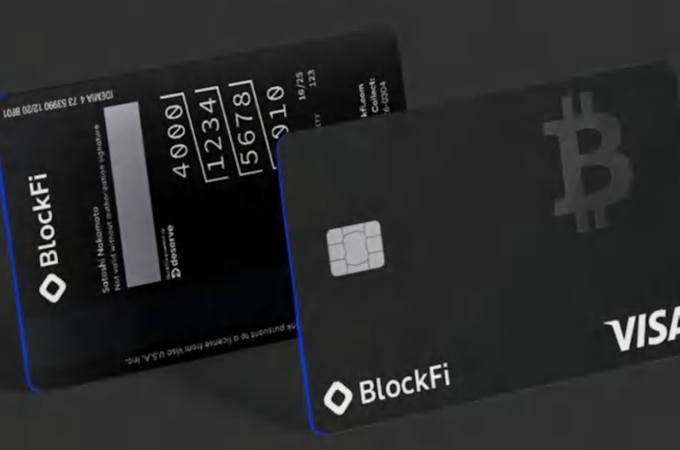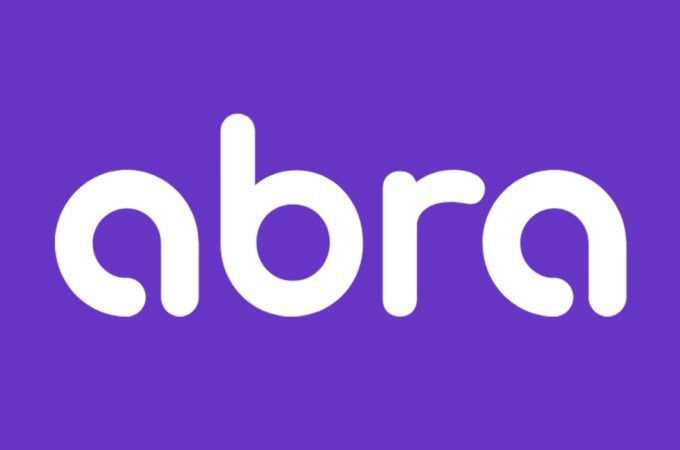
The U.S. Is Suing its Largest Student Loan Servicer Because It ‘Failed’ Borrowers
By Peter Dazeley for Fortune
The largest U.S. student loan servicer, Navient (NAVI, -1.18%), cheated borrowers out of billions of dollars, often by deceiving them about repayment options and their legal rights, the U.S. consumer financial watchdog said on Wednesday as it announced a lawsuit against the company.
The U.S. Consumer Financial Protection Bureau accused Navient, which was spun off of Sallie Mae in 2014, of “systematically and illegally failing borrowers at every stage of repayment.” Navient gave borrowers bad information, processed payments incorrectly and failed to fix problems after people complained, according to the CFPB.
Navient said the CFPB filed suit because the company rejected an ultimatum from the agency to settle a near three-year investigation into it by Friday, when President-elect Donald Trump will be inaugurated. Navient said it will vigorously defend itself.
“The allegations of the Consumer Financial Protection Bureau are unfounded, and the timing of this lawsuit—midnight action filed on the eve of a new administration reflects their political motivations,” it said in a statement.
The CFPB did not specify the damages sought in its lawsuit, filed in U.S. District Court for the Middle District of Pennsylvania, simply saying it seeks “significant relief.” The complaint also named two subsidiaries, Navient Solutions and Pioneer Credit Recovery.
Illinois Attorney General Lisa Madigan spearheaded a probe into the companies starting in 2013.
Sallie Mae, whose official name is SLM Corp, said in a statement that since April 30, 2014, Navient has been independent from it and “has accepted responsibility for all costs, expenses, losses and remediation arising from this matter.”
Navient services loans of 12 million borrowers, including 6 million under a contract with the U.S. Department of Education, totaling more than $300 billion in loans, according to the CFPB.
According to the complaint, Navient told credit raters that disabled borrowers, including injured veterans, had defaulted on loans when they were entitled to discharges under federal law.
“When student loan borrowers make a mistake, companies hold them accountable with immediate penalties and negative credit reporting,” said Rohit Chopra, a senior fellow at the Consumer Federation of America, who has worked with the CFPB and the Department of Education. “Too often, it seems that those same companies have immunity when they break the law.”
Much of the complaint involves income-repayment programs intended to help struggling debtors. Some borrowers can have the federal government pay part of their interest or their debt forgiven after 20 or 25 years of payments.
The bureau said Navient often failed to allocate payments to borrowers’ accounts, steered people into more expensive forbearance options when they could not make their payments and obscured information that could lead to lower monthly payments. From January 2010 to March 2015, Navient added up to $4 billion in interest charges to balances of borrowers in forbearance, according to the bureau, which said many charges could have been avoided if Navient had followed the law.
Navient in 2014 was sanctioned by the Justice Department and banking regulators for giving members of the military wrong information about their loans.
First appeared at Fortune




